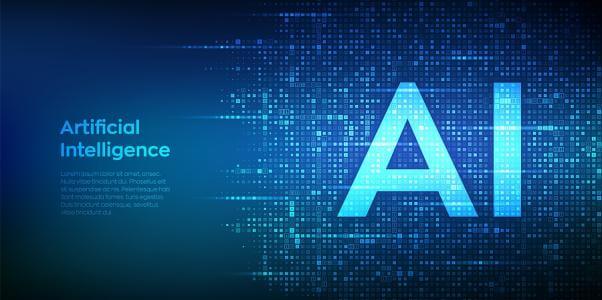On December 8th, 2023, the European Union achieved a historic agreement on the Artificial Intelligence Act (AI Act), marking a significant step towards regulating this rapidly evolving technology. This law represents the world’s first comprehensive framework for AI regulation, setting clear guidelines for developing, deploying, and using AI systems within the EU.
Key aspects of the AI Act:
- Risk-based approach: The act categorizes AI systems based on their potential risk, with stricter regulations for high-risk systems like facial recognition and AI used in critical infrastructure.
- Prohibition of certain AI practices: The act bans the use of AI systems for social scoring, which assigns individuals a score based on their behavior or characteristics, and real-time biometric identification in public spaces without consent.
- Transparency and explainability: Developers must be transparent about how their AI systems work and be able to explain their decisions.
- Human oversight and data governance: Clear regulations ensure human oversight of high-risk AI systems and establish strict data governance rules to protect user privacy and prevent bias.
- Conformity assessments: Manufacturers and developers will need to undergo conformity assessments to ensure their AI systems comply with the regulations.
Focus on preventing bias and discrimination:
The AI Act places particular emphasis on preventing bias and discrimination in AI systems. This includes:
- Prohibition of discriminatory AI: The act prohibits AI systems that discriminate based on sensitive characteristics like race, gender, religion, or disability.
- Data governance for fairness: Developers must implement measures to ensure the data used to train their AI systems is fair and unbiased.
- Human oversight and accountability: Human oversight mechanisms are crucial to identify and address potential biases in AI systems.
Impact of the AI Act:
The AI Act is expected to have a significant impact on the development and use of AI in the EU and beyond. It could:
- Boost innovation: By providing clear guidelines, the act can encourage responsible innovation in AI.
- Protect fundamental rights: The act safeguards citizens’ rights and privacy in the digital age.
- Set a global standard: The EU’s comprehensive approach could serve as a model for other countries and regions looking to regulate AI.
However, challenges remain:
- Implementation: Translating the act into national legislation and enforcement mechanisms will be crucial.
- Balancing innovation and regulation: Striking the right balance between protecting rights and encouraging innovation will be key.
- Global coordination: While the EU leads the way, international cooperation is needed for effective AI regulation.
The EU’s AI Act is a significant step towards shaping the future of AI in a responsible and ethical manner. As the act is implemented and its impact unfolds, it will be crucial to monitor its effectiveness and address any emerging challenges to ensure AI works for the benefit of all.




